With a deep love for Vietnam and its people, Professor Ahn Kyong Hwan (Honorary Citizen of Hanoi ), a South Korean scholar, has chosen a special journey: bringing the finest values of the Vietnamese nation closer to the people of South Korea. From the immortal verses in President Ho Chi Minh's "Prison Diary," to the beautiful language in Nguyen Du's "The Tale of Kieu," and the moving recollections of General Vo Nguyen Giap, Professor Ahn Kyong Hwan has diligently translated each word with utmost respect and understanding.
When mentioning President Ho Chi Minh, the great leader of the Vietnamese nation, the professor's eyes lit up with profound admiration. He could not hide his emotion when speaking of the President's lofty humanist ideals and his simple yet great lifestyle. For him, President Ho Chi Minh was not only a symbol of Vietnam's independence, but also a shining example of wisdom, compassion, and a yearning for peace —values that transcend national boundaries.
Especially when translating "Prison Diary," he came to understand and deeply appreciate the great ideals and character of President Ho Chi Minh . In many exchanges and lectures with students from Vietnam to South Korea, sharing about the poetry collection, he could not hide his honor and pride when expressing his feelings for Uncle Ho.
“To me, President Ho Chi Minh was the great leader of the Vietnamese nation, one of the most outstanding revolutionaries in the world. I deeply admire and respect him. Even now, when I think of President Ho Chi Minh, I always remember his words: ‘Nothing is more precious than independence and freedom.’”
Professor Ahn Kyong Hwan is passionate about spreading Vietnamese literature to Korean readers.
For over a year in prison, President Ho Chi Minh was not only deprived of his freedom but also endured the biting cold and agonizing hunger. Yet, it was in this adversity that he wrote the "Prison Diary," filled with steely resolve, deep affection, and a revolutionary spirit. He also nurtured a sacred vow: that upon his release, he would lead his nation to independence, freedom, and happiness. In 1943, President Ho Chi Minh was released. And just two years later, on September 2nd, 1945, at the historic Ba Dinh Square, President Ho Chi Minh read the Declaration of Independence, giving birth to the Democratic Republic of Vietnam,” Professor Ahn Kyong Hwan expressed.
Speaking about the difficulties in translating the poetry collection "Prison Diary," Professor Ahn Kyong Hwan smiled, his eyes filled with nostalgia: "I had studied Chinese characters beforehand, so I didn't encounter many difficulties when translating, because the original work was written in Chinese. I compared the Chinese and Vietnamese versions of the work to form the basis for translating the Korean version. I am confident that my Korean translation is the most complete among all translations in the world."


Honorary Citizen of Hanoi, Professor Ahn Kyong Hwan, was honored to receive the Special Prize in the "Hanoi in My Heart" competition.
However, the most difficult thing when translating literary works is understanding the author's psychological state: why they view things and phenomena from that perspective. Only when this is understood can the translation have soul and authenticity. From this, Professor Han has had many memorable experiences in his translation work. He recalls the moving moments he experienced when confronted with the image of a prisoner, bound in shackles but with a free spirit, and the times he traveled by train to Lang Sen, President Ho Chi Minh's hometown.
“In 2002, when I started translating ‘Prison Diary,’ I went alone to Nam Dan district, Nghe An province, the birthplace of President Ho Chi Minh. Why? To understand ‘Prison Diary,’ I needed to understand the mindset, circumstances, and origins of the author. I thought: ‘I must see firsthand where Uncle Ho was born to truly empathize with his soul through each verse.’ So I quietly boarded a train from Hanoi, traveling for seven and a half hours to Vinh station. Then I took a motorbike taxi for another 20 kilometers to Lang Sen, Uncle Ho’s birthplace. To date, I have visited President Ho Chi Minh’s birthplace eight times,” Professor Ahn confided.
In particular, after completing the translation in 2003, Professor Ahn took it to a publishing house. However, it was rejected, as the publisher believed the book would not sell and they would incur losses. Afterward, Professor Ahn personally funded the printing of 1,000 copies of "Prison Diary" in Korean, giving them to friends throughout the country. He hoped that his friends in Korea could understand who President Ho Chi Minh was, what kind of person he was, and be inspired by President Ho Chi Minh's ideals and stories.
“Now the publisher has agreed to publish it because many people are buying it. I don’t remember how many times the Korean version of ‘Prison Diary’ has been reprinted, nor the Tale of Kieu by the great poet Nguyen Du…,” Professor Ahn said happily.
Deeply understanding the value of President Ho Chi Minh's poetry collection "Diary in Prison," Professor Ahn believes that the values and influence of the work will spread even more widely, and we need to encourage the younger generation to live and work following the example of the great President Ho Chi Minh, cultivating "Humanity, Wisdom, and Courage in their entirety." He always hopes to contribute a small part of his intellectual capacity to such activities.
National Assembly Chairwoman Nguyen Kim Thi Ngan receives and presents the Friendship Order to Professor Ahn Kyong Hwan in 2018. Photo courtesy of Trong Duc/VNA.
In 2005, Professor Ahn mobilized 25 renowned Korean calligraphers to create works from the poetry collection "Diary in Prison," and donated the collection to the Ho Chi Minh Museum, where it was proudly displayed to commemorate the 105th anniversary of President Ho Chi Minh's birth. He also organized five exhibitions of these calligraphic works over 11 months in five major Korean cities: Seoul, Busan, Daegu, Mokpo, and Gwangju. In 2010, he organized the "Korean-Vietnamese Friendship Night" to celebrate the 1000th anniversary of Thang Long - Hanoi's cultural heritage at the Korean National Assembly.
"Through just one book, Koreans may not understand much about President Ho Chi Minh or Vietnamese culture. Therefore, I have organized many conferences and dissertations about President Ho Chi Minh. I have also organized a calligraphy event, a Vietnamese culture workshop, and a seminar on President Ho Chi Minh. As a result, many Koreans have come to love Vietnam and President Ho Chi Minh even more. Later, many Koreans also created artwork and paintings about President Ho Chi Minh."
During the COVID-19 pandemic, facing difficulties in organizing in-person seminars, I organized an online seminar on President Ho Chi Minh. Afterwards, I printed the papers into a book and sent it to 100 South Korean parliamentarians so that politicians could learn about President Ho Chi Minh…,” Professor Ahn Kyong Hwan shared.
Professor Ahn Kyong Hwan's tireless contributions over the years have not only helped spread the values of Ho Chi Minh's ideology to international friends, but have also built a bridge of friendship between the Vietnamese and Korean peoples. In the midst of May, a month full of memories and gratitude, Professor Ahn Kyong Hwan's sharing serves as a gentle yet profound reminder: The great values of President Ho Chi Minh continue to quietly spread, inspire, and connect across the globe.
Hong Phuong/ News and Ethnic Groups Newspaper
Source: https://baotintuc.vn/van-hoa/an-tuong-cua-giao-su-ahn-kyong-hwan-ve-chu-tich-ho-chi-minh-20250518213837683.htm












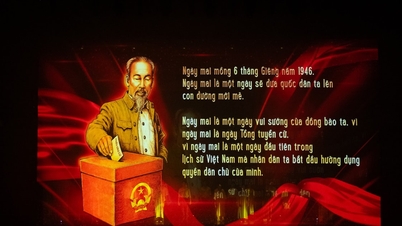

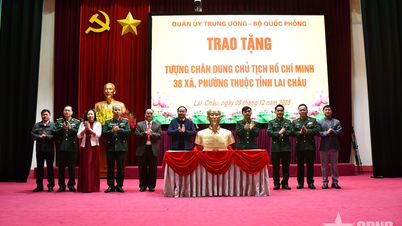

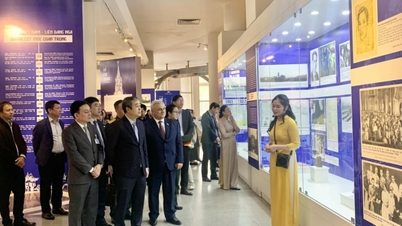

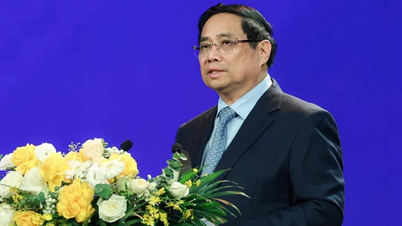



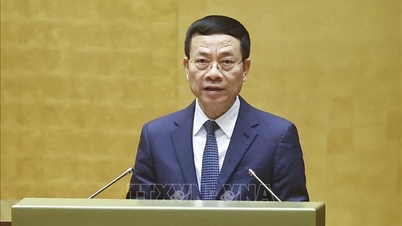
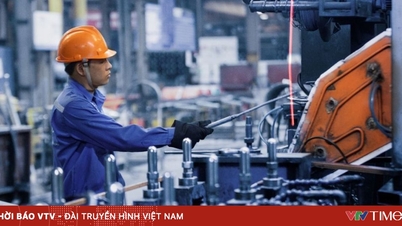







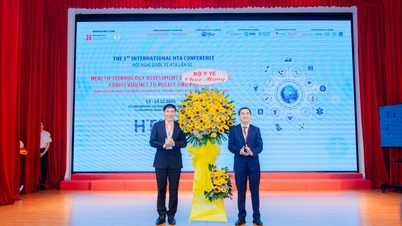
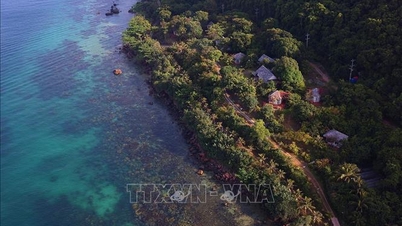
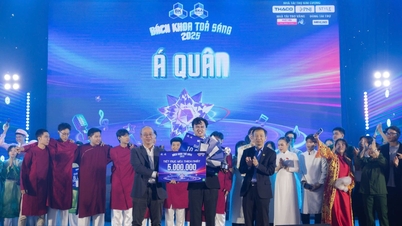
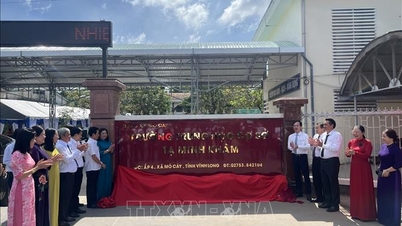
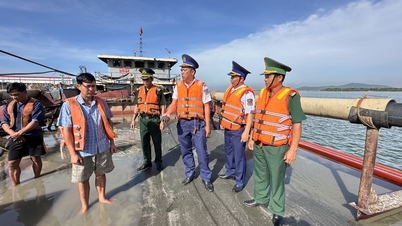
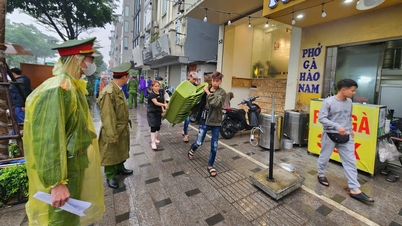































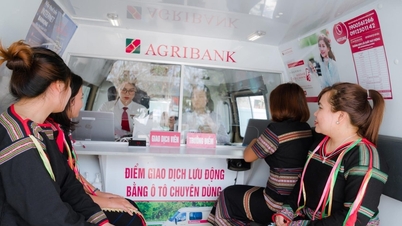
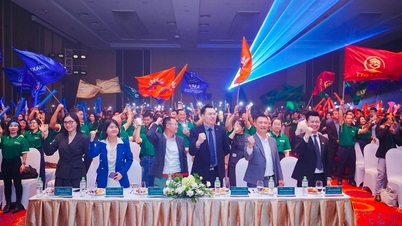






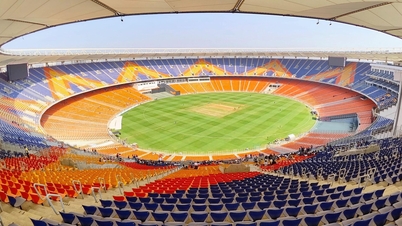

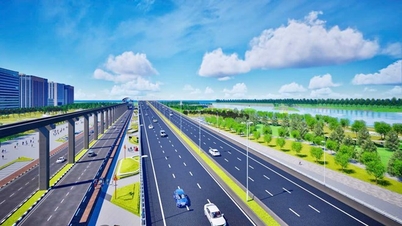



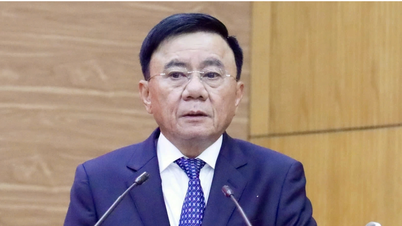
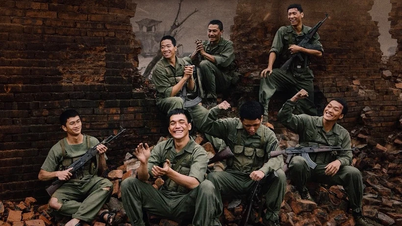
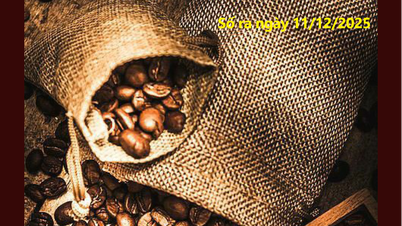

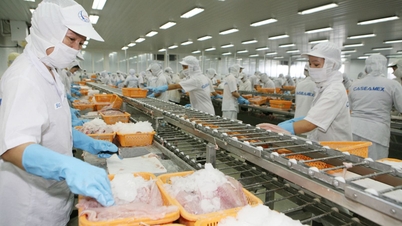
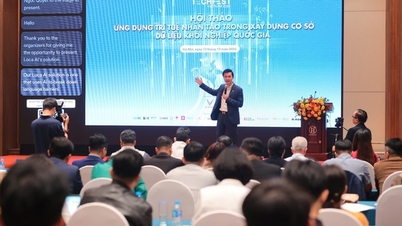

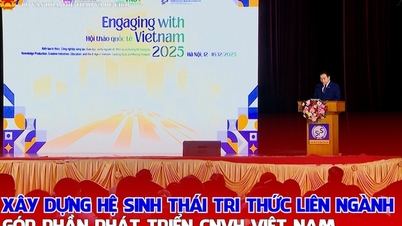

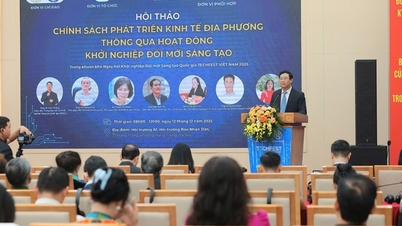

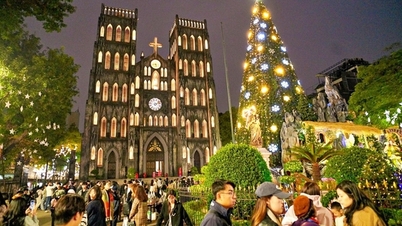

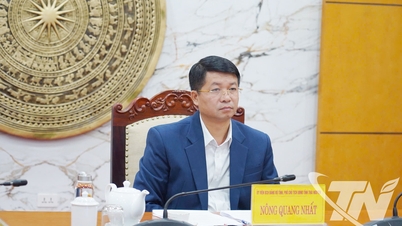
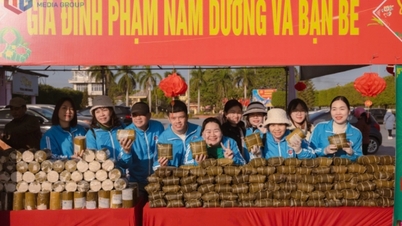

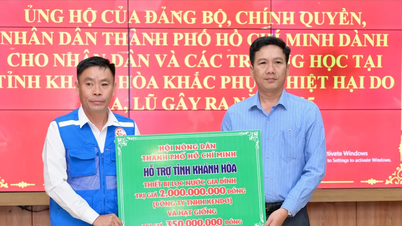

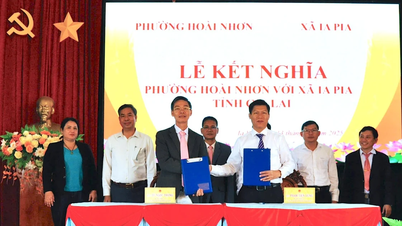

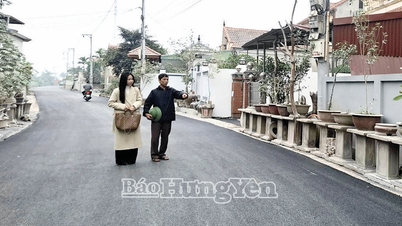













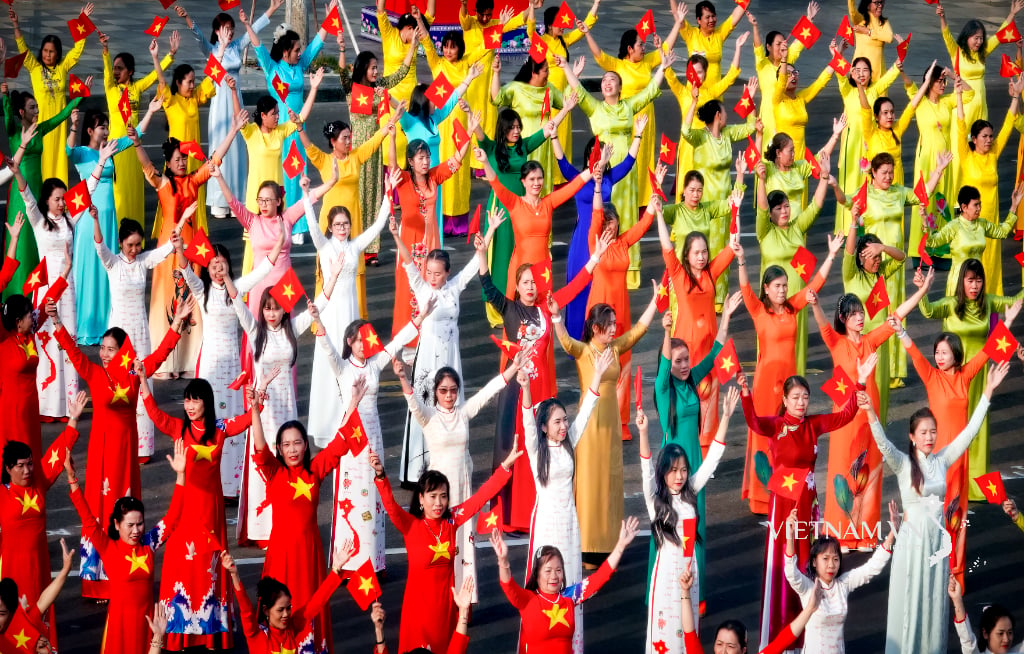
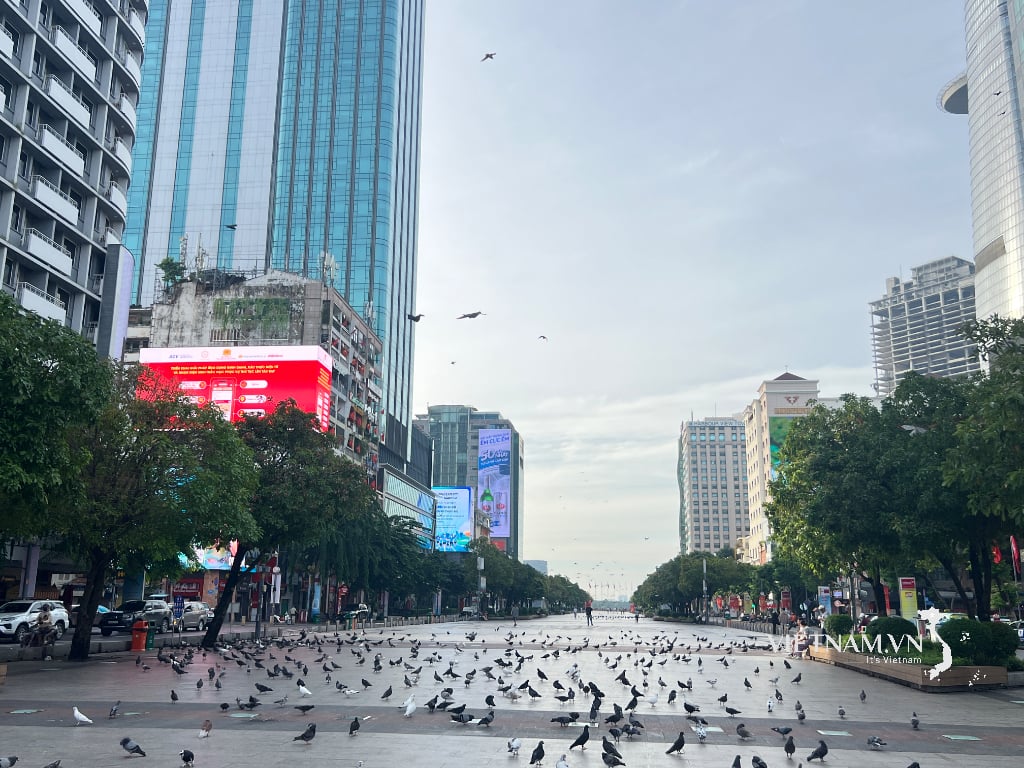
Comment (0)